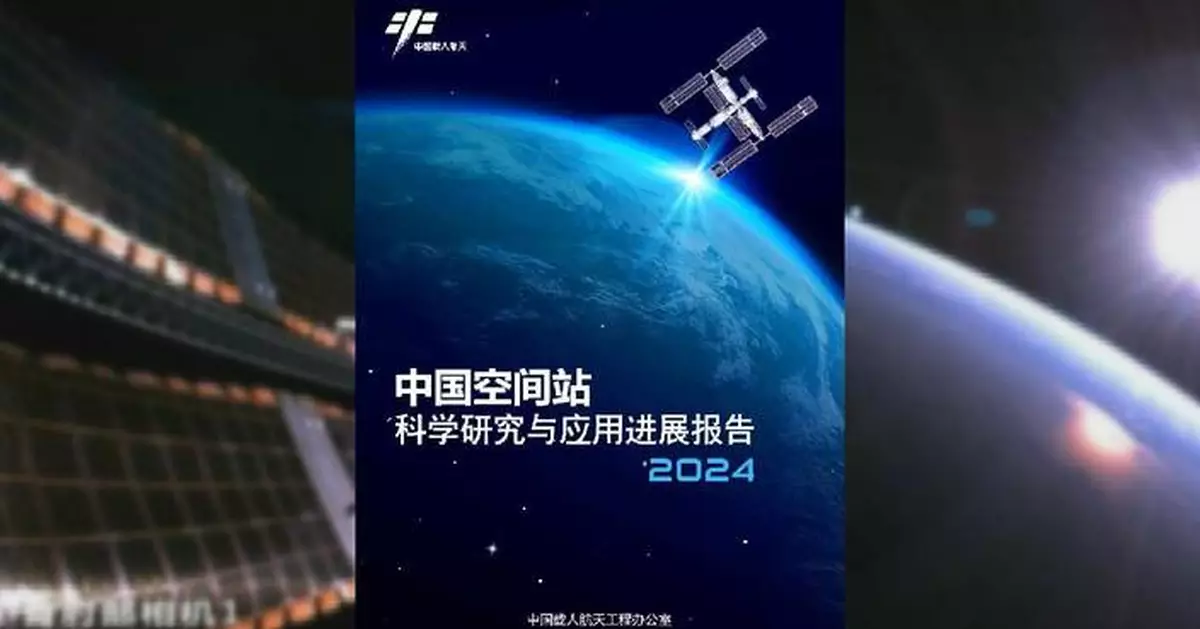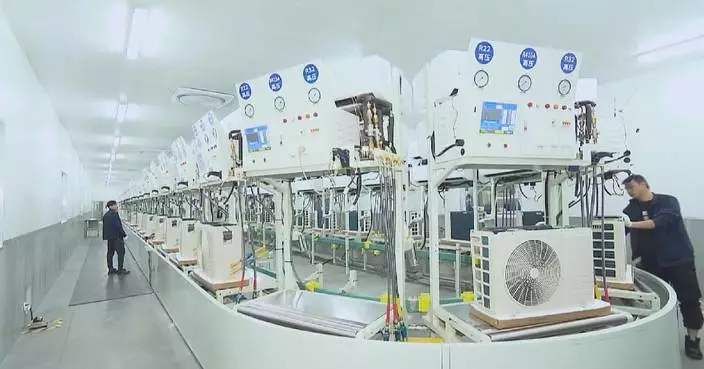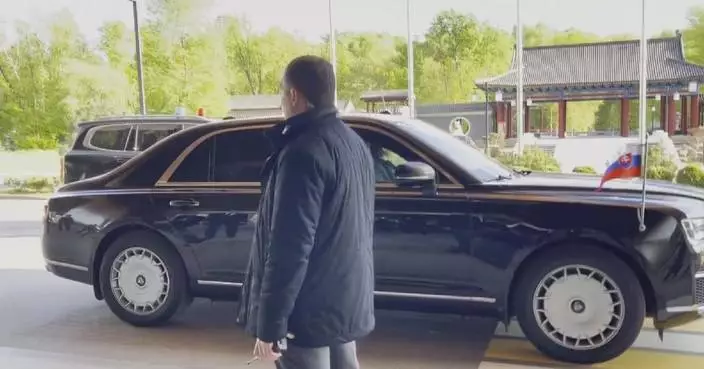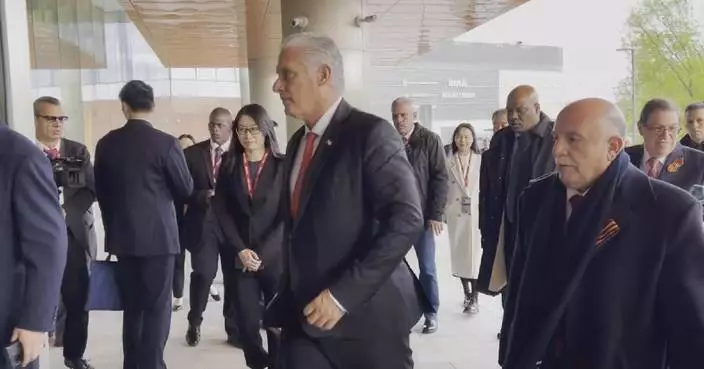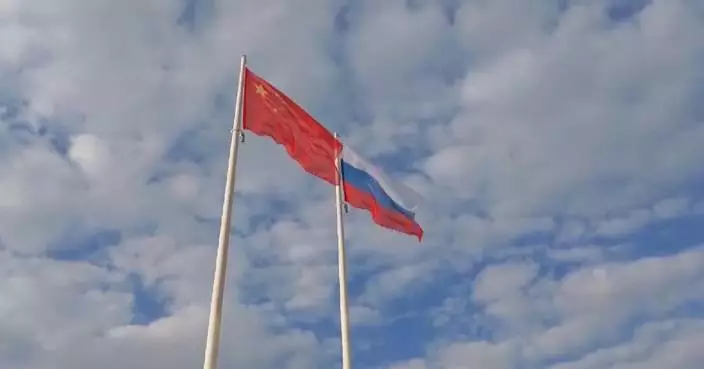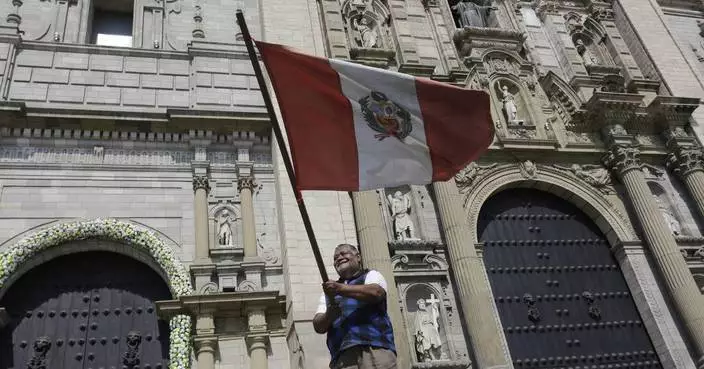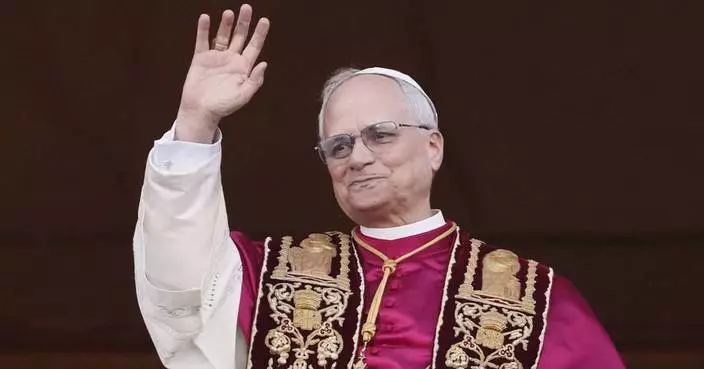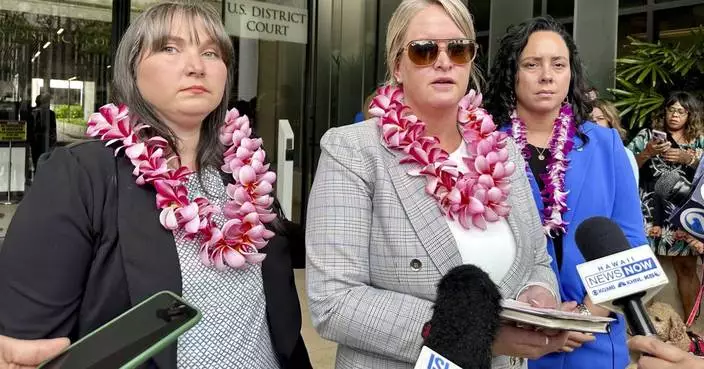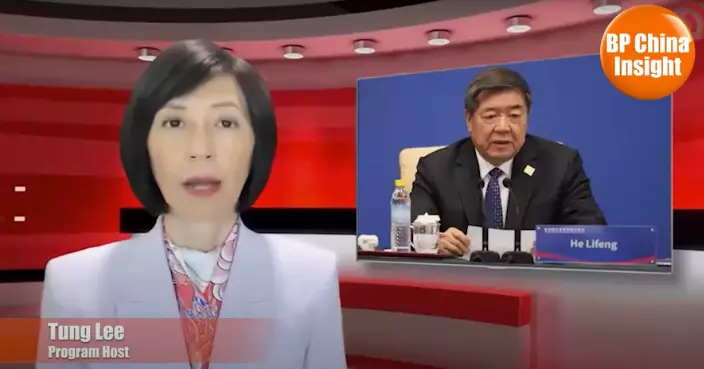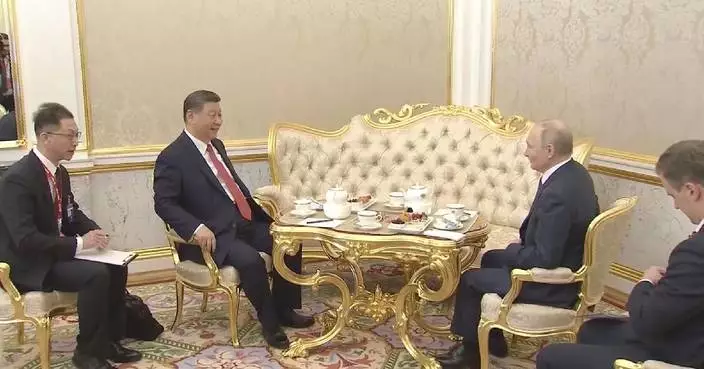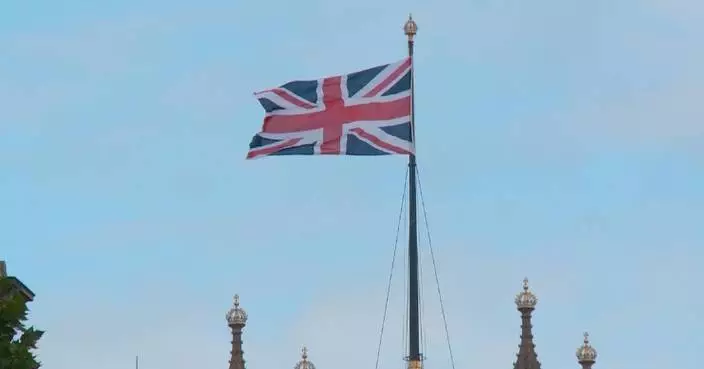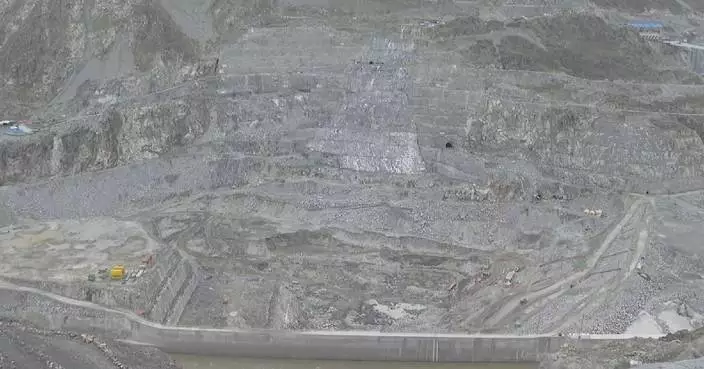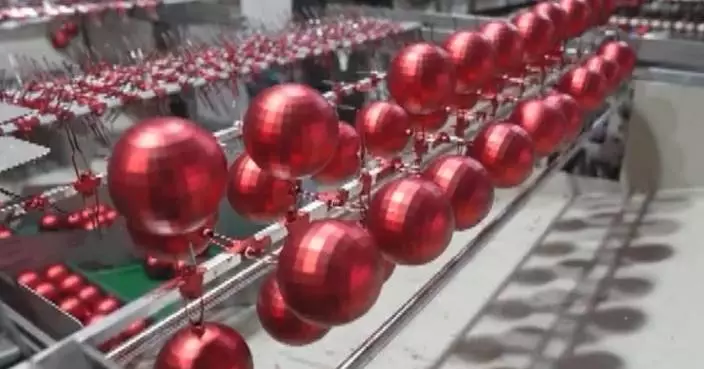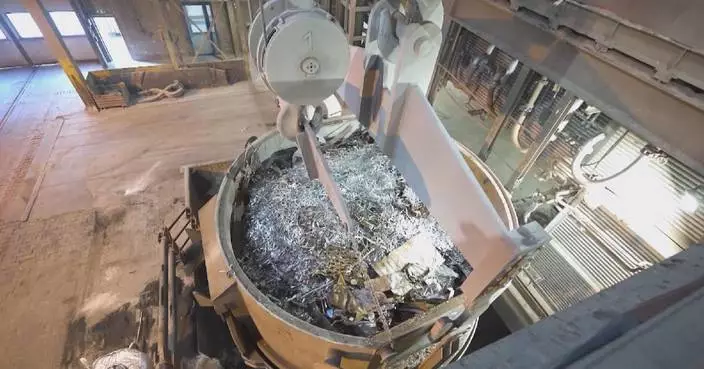China's space station is operating stably and demonstrating significant efficacy, according to a report released by the China Manned Space Agency on Monday.
The agency, which compiled the report to "mark the two-year anniversary of the space station's full establishment," said that such a report will be released annually based on the progress of the ongoing space missions.
It is the first report released by China detailing the progress made in scientific research and applications related to the country's space station over the past two years.
The report highlights 34 representative scientific research and application results selected from previously returned samples, research data, in-orbit experiments, and notable progress in scientific and application projects as well as various science promotion activities, showcasing China's capabilities and innovative spirit in the field of space technology.
Of the representative results, 13 are related to space life and human research, 12 are related to microgravity physical science research, and nine are related to new space technology and application research.
As of Dec 1, a total of 181 scientific and application projects had been carried out in orbit, with nearly two tons of scientific materials delivered and close to 100 types of experimental samples returned, generating over 300 terabytes of scientific data and obtaining more than 150 patents.
Notable achievements include the world's first rice and ratoon rice germplasm resources developed in space, and the first human embryonic stem cells differentiated into hematopoietic stem/precursor cells in space.
From 2020 to 2022, China carried out 12 flight missions to build a world-class space station.
The space station features independent innovation, overcoming more than 200 critical technology difficulties, with new technologies and products making up over 90 percent of the project and achieving full independent control of core components.
China's space endeavor has consistently set new records. In 2024, the Shenzhou 18 crew spent 192 days in orbit, breaking the record for the longest single flight time by Chinese astronauts.
Shenzhou 19 crew's extravehicular operations lasted nine hours, setting a world record for the duration of a single extravehicular activity in space.
As Shenzhou 19 crew has been on board China's space station for two months, a new round of material extravehicular exposure tests is set to begin. During the mission, the crew will conduct 86 experiments on space science and technology.
According to a national plan for space science missions and space research from 2024 to 2050 released in October, China aims to implement thousands of scientific and application projects across 32 research themes over the next decade.
"As a national space laboratory, China's space station is designed and equipped with a group of scientific research facilities that meet international advanced standards," said Gu Yidong, the chief expert of space science for China's manned space program.
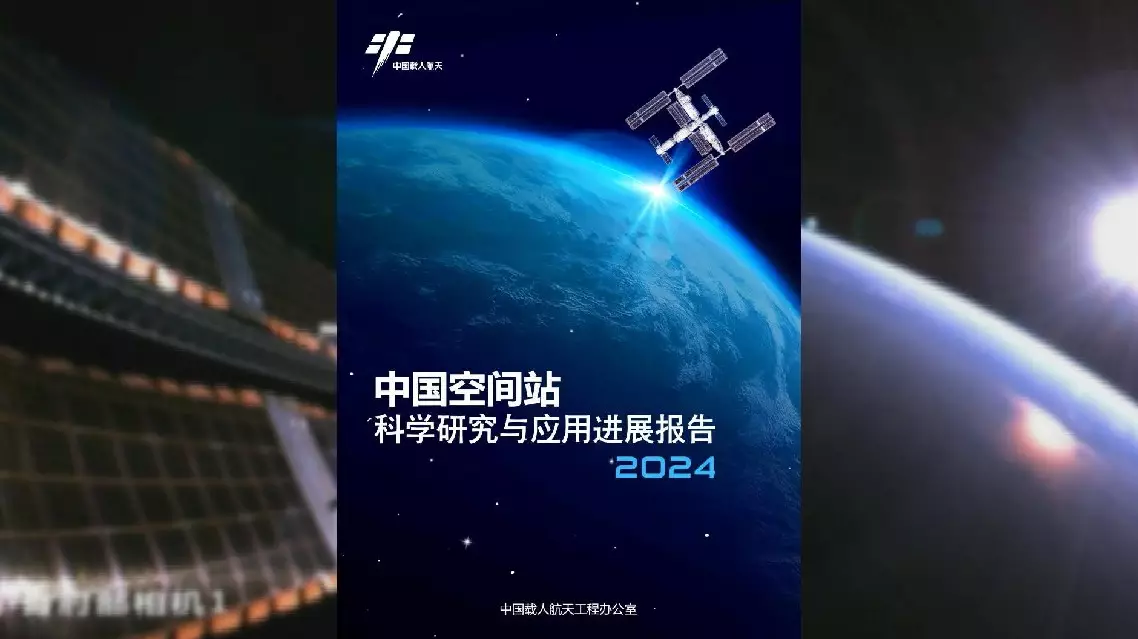
China's space station operating stably, demonstrating significant efficacy: report
A congratulatory messaged delivered by Chinese President Xi Jinping to a major China-Russia cultural exchange event in Moscow has given new impetus to strengthening mutual understanding and friendship between the two countries, according to people from both sides.
The China-Russia people-to-people and cultural exchange event was held in Moscow on Wednesday to commemorate the 80th anniversary of the victory in the Chinese People's War of Resistance Against Japanese Aggression (1937-1945) and the Soviet Union's Great Patriotic War against Nazi Germany (1941-1945).
President Xi arrived in the Russian capital on Wednesday to begin a four-day state visit to the country at the invitation of President Vladimir Putin, and on Friday, he attended a grand parade held in Moscow's Red Square which marked the 80th anniversary of victory in the Soviet Union's Great Patriotic War.
Xi and Putin had each extended their congratulations to Wednesday's cultural exchange activity, with their messages being read out at the event which was co-hosted by China Media Group (CMG) and the All-Russia State Television and Radio Broadcasting Company.
In his congratulatory letter, Xi emphasized that with joint efforts of both sides, China-Russia relations have demonstrated renewed vitality and forged a new model of major-country relations.
Officials from both sides who attended the event said that Xi's message has eloquently elaborated the significance of carrying forward the great friendship between the two sides and strengthening people-to-people and cultural exchanges.
Russia's Minister of Culture Olga Lyubimova pointed to cooperation in the creative media sector and said future co-production projects are being planned between the two sides.
"We have reached consensus with Chinese filmmakers on multiple cooperation projects, including history movies, children's animations and educational programs. The Russian Ministry of Culture will attach great importance to and promote these projects, and encourage Russian filmmakers to participate in such co-production projects," she said.
Meanwhile, Zhou Liqun, president of the Russian-China Chamber of Commerce, said he was inspired and encouraged by the exchange event which lays the foundation for future collaboration.
"It has aroused a widespread response and positive acclaim in all sectors of Russian society. We will take this event as an opportunity to make positive contributions to deepening the development of relations between the two countries and strengthening cooperation in the fields of people-to-people exchange, economy and trade, and culture," said Zhou.
Lisa, a local youth in Moscow, also highlighted the strong friendship between the two countries.
"This is President Xi's 11th visit to Russia. I feel very close to Chinese culture. I have been wanting to visit China for a long time to see what it feels like with my own heart, because this is the way to understand why the friendship between Russia and China continues to grow," she said.
Wang Bin, chief of the CMG's Eurasian Bureau, said Xi's remarks provide important guidance for the two nations to deepen their friendship and strengthen cooperation, and will help push the China-Russia comprehensive strategic partnership of coordination for a new era to greater heights.
"President Xi Jinping's congratulatory letter is the highest recognition of the achievements made by the CMG in promoting China-Russia friendship and deepening exchanges and cooperation. In accordance with what President Xi says in his congratulatory letter, the CMG will build bridges between the two countries through more wonderful media programs and launch more extensive exchanges and cooperation, so as to promote the deepening of the China-Russia comprehensive strategic partnership of coordination for a new era," said Wang.
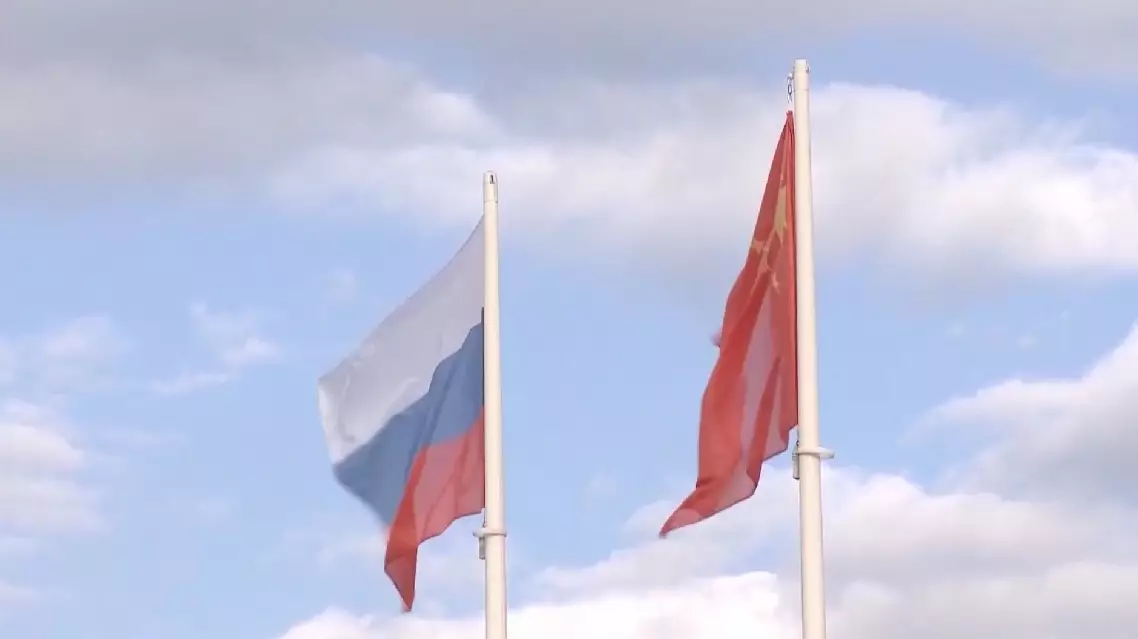
Xi's message gives new impetus to deepening China-Russia people-to-people, cultural exchanges



